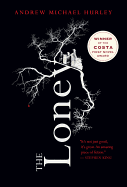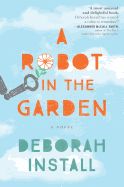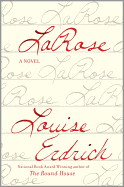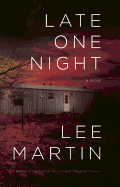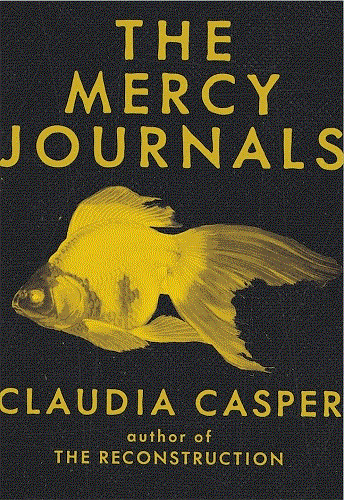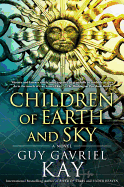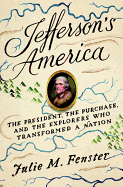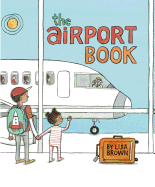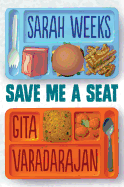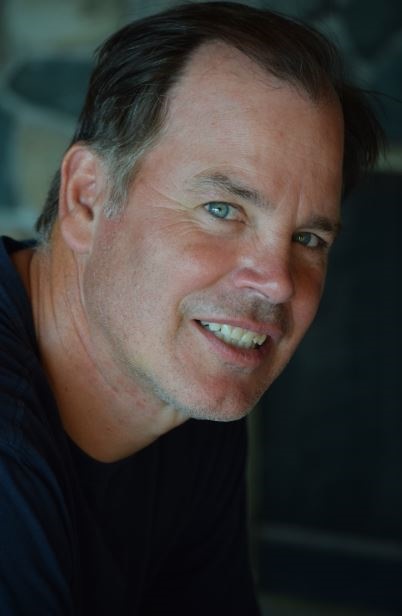 |
| photo: Elizabeth Campbell |
Braving It: A Father, a Daughter, and an Unforgettable Journey into the Alaskan Wild (Crown, May 2016) is a delightful and sometimes harrowing tale of the Alaskan bush. Author James Campbell took his teenage daughter, Aidan, with him on three trips to the wilderness, where one mistake could mean life or death. The pair successfully navigated bear encounters, dangerous river rapids and the deadly cold of the Alaskan interior--not to mention the dynamics of an admittedly over-controlling father and a modern teenager.
Campbell is the author of The Final Frontiersman and The Ghost Mountain Boys. He has written for Outside magazine, National Geographic Adventure, Men's Journal, Audubon and many other publications.
Your three big trips out to the Alaskan bush had a really big impact on your daughter. What do you think she got out of the experience?
I think she got a lot out of it just in terms of a father-daughter bond. We've always had a good friendship, and it's a close bond, but that bond was certainly tested up there. There were times when she wanted to be anywhere in Alaska with anyone but me. But yeah, it really strengthened our bond--if not always in the moment, in the long run. She also realized in some cases, the best relationships are forged by adversity. But I think there's a whole lot of other stuff she learned. The reward people get in leaving their comfort zone--that's a tough thing to do. The living-room couch is pretty comfortable, and it's hard to get out, but the rewards of confronting your fears are enormous, I think, and I know she would agree. In fact, she's graduating this year, and she's taking a gap year. She's going to put on a backpack and start out in Costa Rica and make her way as far south as she can. She's definitely got the bug, which I'm really happy about.
What is it about the Alaskan wilderness that resonates for you, as opposed to some of the other wilderness areas you've been in?
I'm attracted to Alaska, particularly to Arctic Alaska, in some ways because it's so different from where I live in Wisconsin. Where I live, there's an opulence of life. Everything is green, the animals have a lot of food, but the Arctic is a pretty sparse country. That sparseness has an influence on the few homesteaders who still live up there, but also on you when you're traveling through. You realize it's not a tame place. It's not a city by any stretch of the imagination; it is wild, and raw, and thrilling, and magnificent, and potentially dangerous.
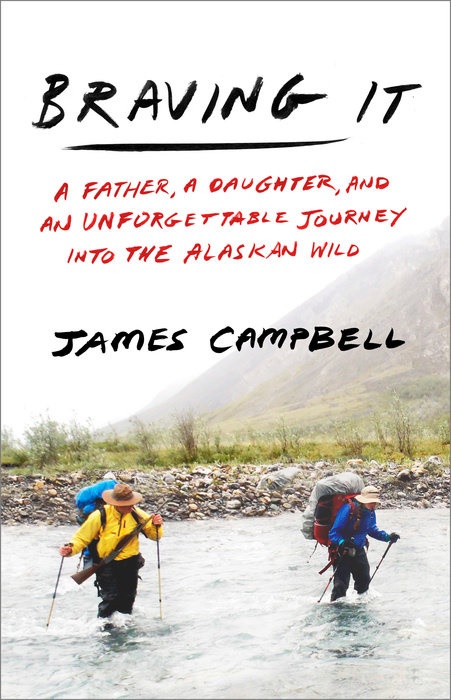 What's the pull for the homesteaders who live in bush Alaska, like your friend Heimo?
What's the pull for the homesteaders who live in bush Alaska, like your friend Heimo?
I think Heimo would say that for him, he always had a dream of doing something like it, but it started out as kind of an adventure. Then the longer he stayed, it became a way of life. Now it's 41 years later for him; it's certainly the only life he knows. Even 10 years in, it was the only life he knew. His father offered to buy him a farm down in the lower 48, and Heimo said at one point in his life he might have considered it, but after being up in Alaska and being in the middle of the wilderness, he couldn't. It was something he could never even dream of doing. I kind of get it. You get out there and there's really a beautiful simplicity to the way of life despite all the things that can go wrong. There was a time in my life where I'd hoped I was going to do that, but having lived up there with Heimo and his wife, Edna, I don't think I could. They're alone now for eight months of the year. Occasionally a pilot will stop in and say hi, but other than that, it's just them. The thing about it is they're both really social people. He's a great storyteller, he's funny, he's fun, he loves people, but I think maybe he loves them on his own terms. Whatever that means.
What do you hope readers will take away from reading this book, besides just enjoying the narrative of your experience?
I think there's a lot to be said for parents steering their children with a light but steady hand, teenagers in particular.
My opinion is they revolt and rebel, but they still want you involved in their lives, but not over-involved. They want you to set some guidelines, parameters, and steer them, but they don't want you to control them. I think that's really, really important. It's an important lesson for me and my wife. Sometimes you've got to fight against your natural instincts to over-parent, but that's one of the messages. A very plain one is the joy and the pain of letting go. I took great joy and great pride in seeing Aiden blossom out there, but it was accompanied by this realization that she was going to leave soon. Who knows how much we're going to figure into her life in the future?
How do you manage your fears? There were some pretty severe fears, and mortal danger traveling down that river.
My burden of responsibility was, of course, enormous. That was sometimes tough and there were certainly times I thought, "What the hell am I doing? What have I done? Was this irresponsible?" In fact, somebody told me there was a review where one woman said, "Sometimes I wanted to smack him for it."
That's a really, really tough thing, I think, for any parent to make that kind of decision. I'm not saying I made the right decision or the right decision for every parent. I think it was right for me and it was right for my daughter, but it doesn't have to be right for everybody. But yeah, there were lots of times that I was really scared. We prepared a lot for the trip. A lot. That's the key. You hope for the best and prepare for the worst. And if the worst happens, you hope you can handle it. --Rob LeFebvre, freelance writer and editor
James Campbell: The Rewards of Confronting Your Fears
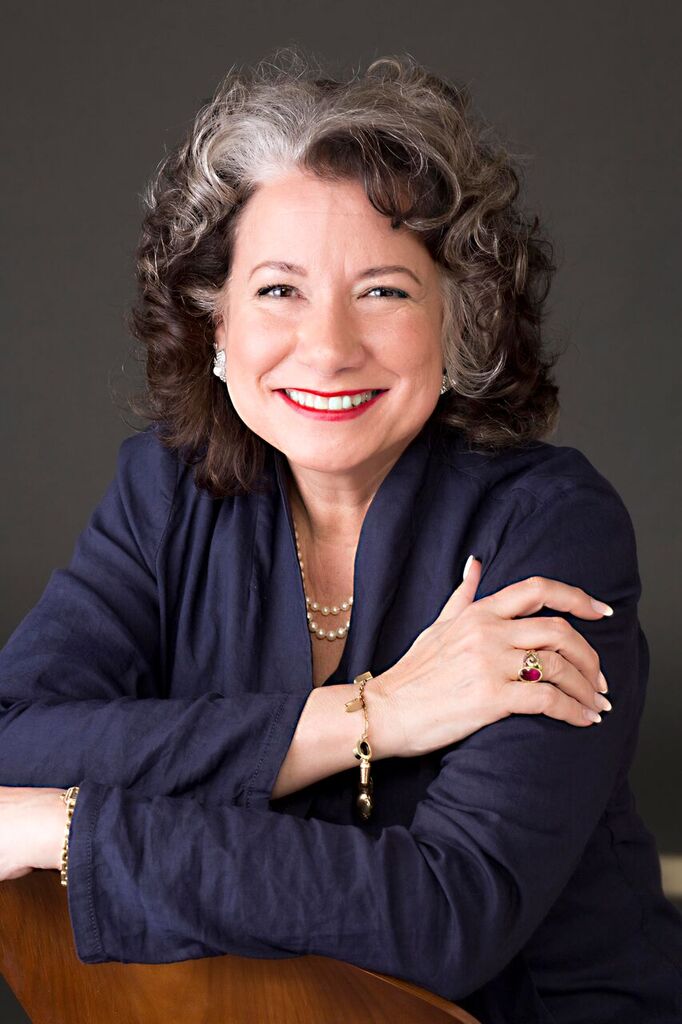




 What's the pull for the homesteaders who live in bush Alaska, like your friend Heimo?
What's the pull for the homesteaders who live in bush Alaska, like your friend Heimo?  This week marks the 50th anniversary of the start of the Chinese Cultural Revolution, Mao Zedong's movement to purge China of traditional and capitalist elements and remake the Communist Party. The Revolution brought Mao back to the country's political helm after his disastrous Great Leap Forward led to millions of deaths by famine between 1959 and 1961. On May 16, 1966, Mao outlined his radical new direction in a Politburo meeting and gave indictments of recently ousted party leaders. His accusation that China had been infiltrated by "revisionist" elements that could be removed only by violence led to the creation of the paramilitary Red Guards and turned the Cultural Revolution into a reign of terror.
This week marks the 50th anniversary of the start of the Chinese Cultural Revolution, Mao Zedong's movement to purge China of traditional and capitalist elements and remake the Communist Party. The Revolution brought Mao back to the country's political helm after his disastrous Great Leap Forward led to millions of deaths by famine between 1959 and 1961. On May 16, 1966, Mao outlined his radical new direction in a Politburo meeting and gave indictments of recently ousted party leaders. His accusation that China had been infiltrated by "revisionist" elements that could be removed only by violence led to the creation of the paramilitary Red Guards and turned the Cultural Revolution into a reign of terror. 